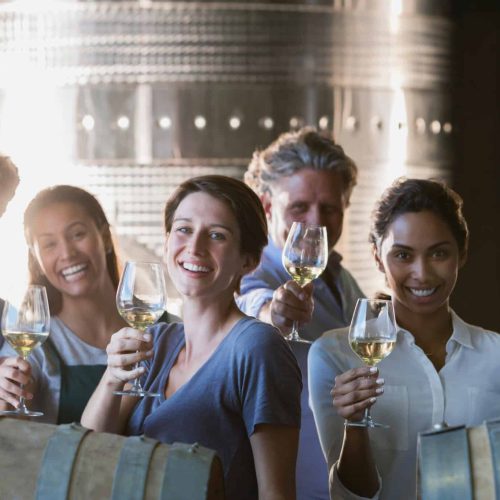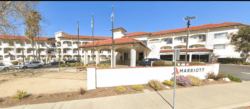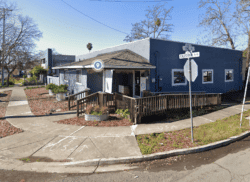TIPS TO BETTER YOUR WINE TASTING SKILLS

Wine tasting is an art form, a skill that can be honed with practice and patience. Whether you’re a novice enthusiast or a seasoned connoisseur, there’s always room to refine your palate and deepen your appreciation for this exquisite beverage. In this article, we’ll explore 10 essential tips to better your wine tasting skills, transforming each sip into a more profound experience.
1. Knowledge is Power: Educate Yourself
The first step in enhancing your wine tasting skills is to educate yourself about the different types of wine. Understanding the characteristics of various grape varieties, the regions they come from, and the wine-making process adds depth to your tasting experience. Consider reading books on wine, attending seminars, or enrolling in online courses. This foundational knowledge sets the stage for a more informed tasting experience.
2. Practice Makes Perfect: Regular Tasting
Like any other skill, wine tasting improves with regular practice. Make it a habit to try different wines, paying close attention to their unique flavors and aromas. This doesn’t mean drinking more, but rather drinking smarter – focusing on the qualities of each wine you taste.
3. The Art of Swirling
Swirling the wine in your glass isn’t just for show – it serves a critical purpose. This action aerates the wine, allowing oxygen to release more of its aromas. Practice swirling gently to avoid spilling, and notice how the scent and flavor profiles of the wine change.
4. Refine Your Sense of Smell
Your nose is a powerful tool in wine tasting. To refine your olfactory senses, try smelling various items like fruits, spices, and flowers to build a mental library of scents. This practice will help you identify similar notes in different wines.
5. Create a Suitable Tasting Environment
The environment in which you taste wine can significantly affect your perception. Choose a setting free from strong odors and distractions, with good lighting. A neutral environment allows you to focus on the wine’s true characteristics.
6. Choose the Right Glassware
Different types of wine are best enjoyed in specific glasses designed to enhance their aroma and flavor. For instance, red wines generally require larger bowls to allow the wine to breathe, while white wines are served in narrower glasses to preserve their delicate aromas.
7. Observe Color and Clarity
The appearance of a wine can tell you a lot about its age and the grapes used. Pay attention to its color, clarity, and viscosity (legs). These visual cues can provide preliminary insights even before you smell or taste the wine.
8. Focus on Body and Texture
Wine is often described in terms of body (light, medium, or full) and texture (e.g., smooth, silky, tannic). These aspects are crucial in understanding a wine’s profile and how it might pair with food.
9. Keep a Tasting Journal
Documenting your wine tasting experiences can be incredibly beneficial. Keep a journal to record the names, vintages, flavors, and aromas of the wines you’ve tried. Over time, this journal will become a valuable resource for understanding your preferences and tracking your development as a taster.
10. Join a Tasting Group or Club
Participating in a wine tasting group or club can be an enjoyable and educational experience. Sharing opinions with fellow enthusiasts offers different perspectives and exposes you to a wider variety of wines. It’s also a great way to socialize and learn in a relaxed setting.








